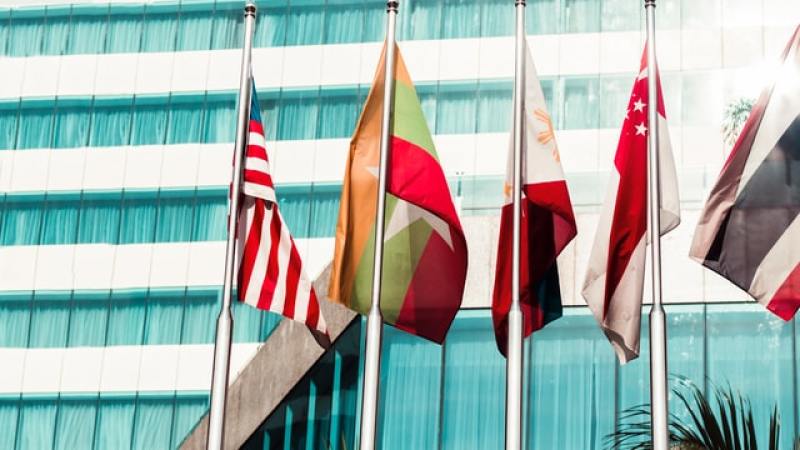
A number of religious and ethnic groups have experienced terrorist acts following the military coup in Myanmar, denying them their basic human rights.
The International Christian Concern (ICC) reported how these terrorist acts affected the lives of some of the Christian communities in the country.
The Kachin Independence Army (KIA) and the Myanmar Armed Forces, or more commonly called "Tatmadaw," have had conflicts in the past which resulted in the loss of lives of many people. Both sides then agreed on a single ceasefire from 1994 but ended abruptly in 2011.
Since the ceasefire between the two broke down, over 100,000 Kachin Christians fled their homes to avoid the damage caused by the conflict.
The Tatmadaw has caused serious damage to Kachin churches, and even killed and terrorized the Kachin people just to stop them from spreading their identity.
In 2015, two ethnic Kachin teachers, Maran Lu Ra and Tangbau Hkawn Nan Tsin, were raped and murdered by the Tatmadaw. Until now, justice has not been served for the perpetrators of the two Kachin teachers.
Moving on to the Ethnic Chin, an ethnic group in Western Burma composed of 90% Christians, who are being forced to convert their religion into Buddhism as part of the policy imposed by the government in what they call "Burmanization."
The Chin Christians are, however, not new to the whole experience of being forced to do something they do not like. They are also forced to work while they are being tortured which is part of the reason why a lot of them, just like the Kachin Christians, also fled their homeland.
The ethnic Chin also often gets caught between conflicts among other military groups, like the Tatmadaw and Arakan Army, as they are being tortured by these military groups.
The Rohingya Christians, on the other hand, are often discriminated and belittled due to their small population as compared to the Rohingya Muslims.
In a previous report of Christianity Daily, it is seen that thousands of Rohingya was left with no basic necessities to survive as they were left stranded at sea after they left their country to escape persecution.
The Christian minority still faces persecution, even from their fellow Rohingyan Muslims, to this day and still goes unrecognized because of their minority status.
Next is Ethnic Karen, the first-ever ethnic group to be converted into Christianity in Myanmar, which is primarily based in the Kayin State of Myanmar.
The Karen Christians were considered by the Myanmar military as a state enemy because of their plans to withdraw from the parliament system and become an independent and free people.
Karen Christians only compose 20% of the overall ethnic Karen population, which is a very small portion, but still, they are being targeted and repressed by the government. As a result, thousands of them also fled the country and migrated to the border of Thailand and Myanmar. They are now being labeled as Internally Displaced People (IDPs).
Lastly, the Ethnic Indians and Chinese. These ethnic groups do not face as much oppression as other minority groups but they still face some form of discrimination every now and then.
For example, the processing of their legal documents would take much longer than normal because of discrimination on their religious beliefs.
Wa State is a de facto state in Myanmar that is entirely independent from the rest of Myanmar as it is self-governed. Their army, the United Wa State Army (UWSA), is one of the many armies in Myanmar to have oppressed Christians. They have close ties with China, so it is not a surprise that they take after China's crackdown on Christianity.




























